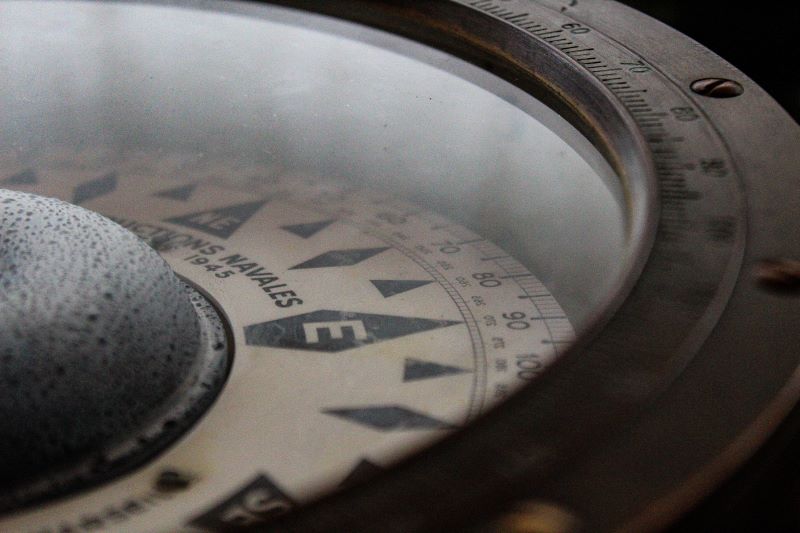On April 27, McLean, VA-based Alion Science and Technology announced that it has been awarded a $292 million task order with a 60-month period of performance for the Advancement of Integrated Persistent Expeditionary Surveillance (AIPES) and Force Protection Systems (FPS) for Air Force Life Cycle Management Center (AFLCMC) Force Protection Division (HBU) and Naval Surface Warfare Center Crane Division (NSWC Crane).
This task order includes RDT&E of emerging technologies, materials, and manufacturing processes to significantly enhance the functionality and capability of existing and future Intelligence, Surveillance, and Reconnaissance (ISR) and FP systems for AFLCMC Force Protection Division, NSWC Crane, and their strategic partners.
Alion was awarded this contract under the Department of Defense Information Analysis Center’s (DoD IAC) multiple-award contract (MAC) vehicle. These DoD IAC MAC task orders (TOs) are awarded by the U.S. Air Force’s 774th Enterprise Sourcing Squadron to develop and create new knowledge for the enhancement of the DTIC repository and the Research and Development (R&D) and Science & Technology (S&T) community.
“Alion’s extensive expertise in the integration of sensors, sensor data, and command and control (C2) systems spans across multiple force protection platforms and technologies that provide full situational awareness for forward base operations,” said Alan Dietrich, Alion’s senior vice president and general manager of the Intelligence, Surveillance, and Reconnaissance (ISR) Group. “Delivering advanced technologies enables DOD customers to achieve and maintain modernized force protection capability. Alion will continue providing innovative technologies and advanced tools warfighters need to gain and maintain complete battlefield readiness.”
Work under this task order will incorporate advanced technologies into existing and future ISR and FP systems, subsystems, and components to enhance the performance of legacy systems through technology insertion and rapid prototyping of the resulting modified systems. Alion will provide advanced R&D studies enabling changes in the way legacy and new systems are supported. In addition, work will include total life cycle management encompassing all logistic elements necessary to meet operational demands.
To operate successfully in changing environments, systems must function reliably in the field for longer durations, with minimal levels of logistical support, and without frequent access to the supply chain. At the same time, systems must remain affordable, mobile, and easily upgradable. To increase system reliability while reducing system cost, Alion will conduct technology assessments to identify critical enabling technologies in the key areas of material, manufacturing, and testing to establish their suitability for specific applications. This includes researching and developing new technical approaches and opportunities for technology transfer and technology insertion.
Source: Alion








